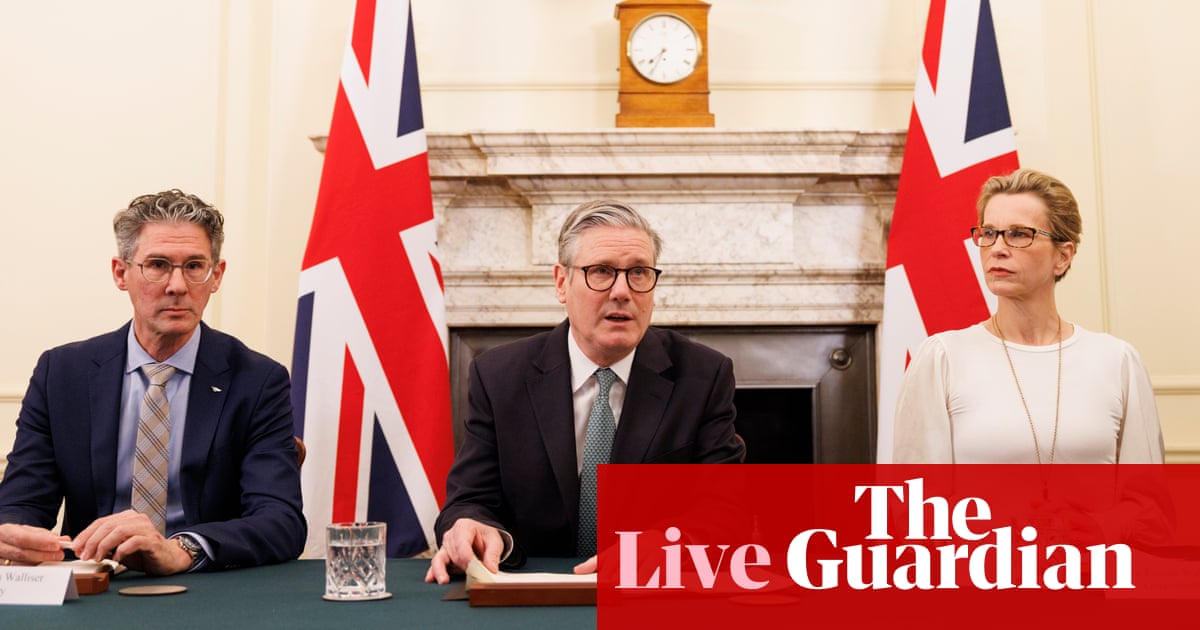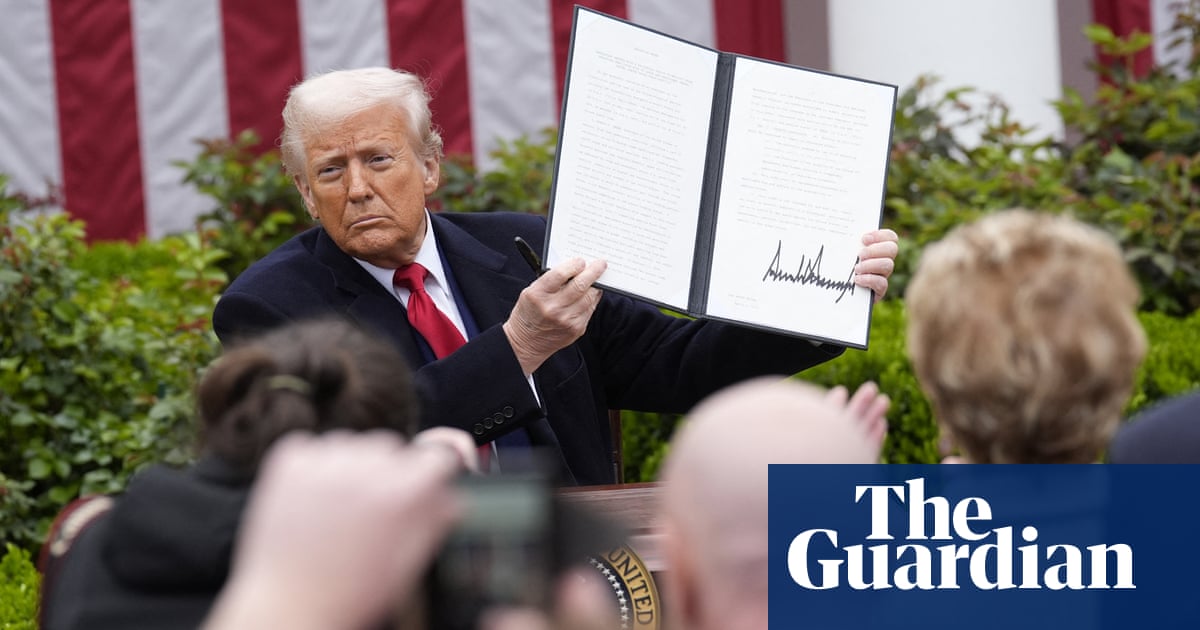Rachel Reeves’s decisions don’t warrant her departure, but her missteps are steadily eroding her credibility. She entered office with public support and was tasked with repairing a country bruised by 14 years of Conservative rule. Ms Reeves’s embrace of fiscal discipline was cast as necessary to reassure markets and prevent capital flight. But this – and her emphasis on spending cuts – points to a fundamental misdiagnosis of Britain’s problems.
Sensing an opportunity, the Conservatives laid a trap and Ms Reeves walked into it. When the opposition encouraged speculation that rising bond yields would put the chancellor on track to miss her fiscal rules, the government backed “ruthless” state-shrinking as the appropriate remedial action. Ms Reeves should have immediately pointed out that the movement in long-term UK rates was down to an international shift in bond prices. She erred in thinking that claiming to be “tough” on public spending would earn her praise from the rightwing media. This lapse instead damaged her political standing, and only on Tuesday did she acknowledge her mistake, insisting global factors were largely behind rising UK government borrowing costs.
The Tories have already claimed a Treasury scalp with Tulip Siddiq’s resignation. But Labour should ignore siren voices and prioritise fair income distribution, rising living standards, balanced trade and a green transition. Instead, Ms Reeves champions the financial sector, deregulation and public service cuts. That is why swimming pools are under threat of closure in the West Midlands, a region where one in three adults are obese. That is why the NHS is hiring “corridor care” nurses. It is why the poorest people in Britain are leading shorter lives. This agenda has failed for 14 years; why would it, even in milder form, work now?
While some ministers pursue bold reforms, Ms Reeves remains overcautious and deferential to Treasury orthodoxy. Her cut to pensioners’ winter fuel payments – a long-rejected Treasury proposal – exemplifies this. One annual fiscal event might suit her officials, but it’s inadequate for today’s complex economy. Yet Ms Reeves accepts this without challenge. In her last budget, the chancellor did deliver a big increase in spending in 2024/25 and 2025/26. But this was a one-off boost that ought to be made permanent. Otherwise, unprotected spending outside health, education, defence, aid and childcare will fall in real terms by 1.3% annually.
The UK’s recent GDP stagnation seems tied to declining government outlays and a persistent trade deficit. Fiscal austerity has forced the private sector to take on unsustainable debt to maintain growth. Labour must break this cycle by raising real wages and reducing inequality. Policies should be put in place to avoid the race to the bottom turbocharged by financialisation since the 1980s. These might seem out of step with today’s economic orthodoxy – but that’s no reason to avoid them.
A Labour government has a responsibility to champion real-world solutions over market fantasies, no matter how unfashionable they appear. Bold, alternative thinking – and an ability to make the case for such changes – is needed now more than ever. Ms Reeves should broaden her economic council, which has only two professional economists on it, to expand her horizons beyond the Treasury view. A chancellor must command authority and trust. Ms Reeves does, but risks undermining herself by misjudging the country’s mood. If she does not recalibrate, she may be undone by her failure to show she can deftly steer the ship.

.png) 2 months ago
28
2 months ago
28













































